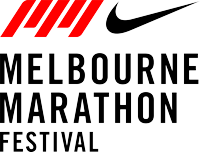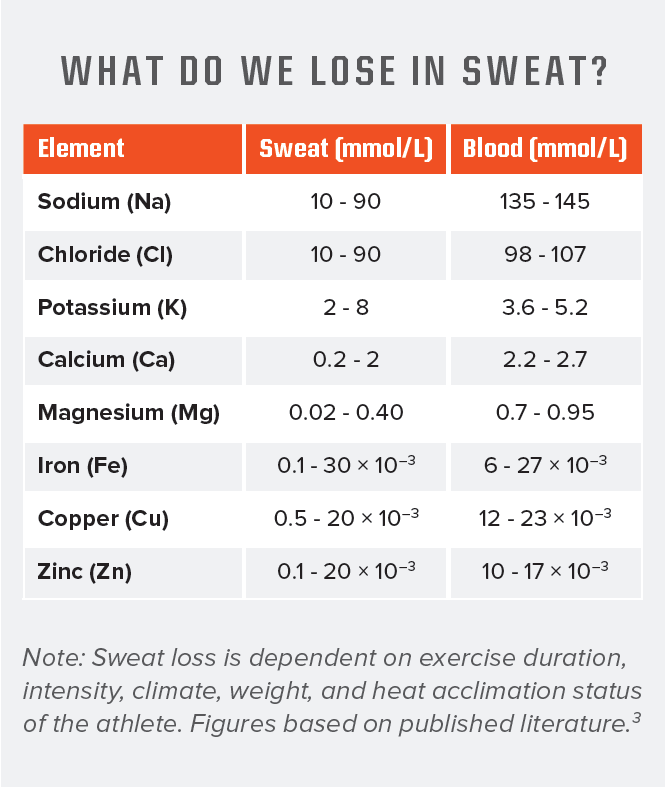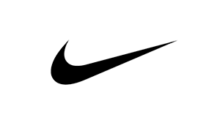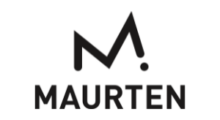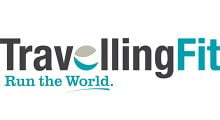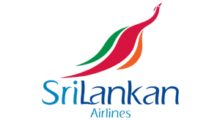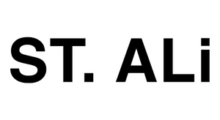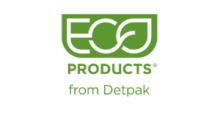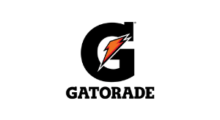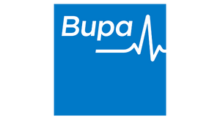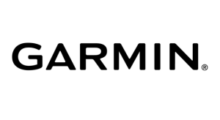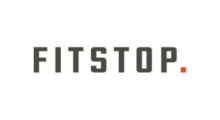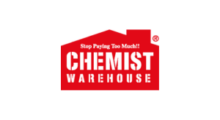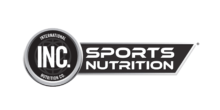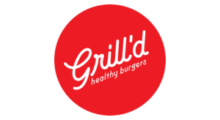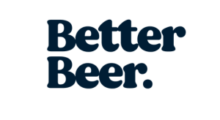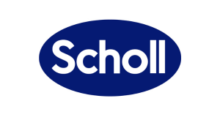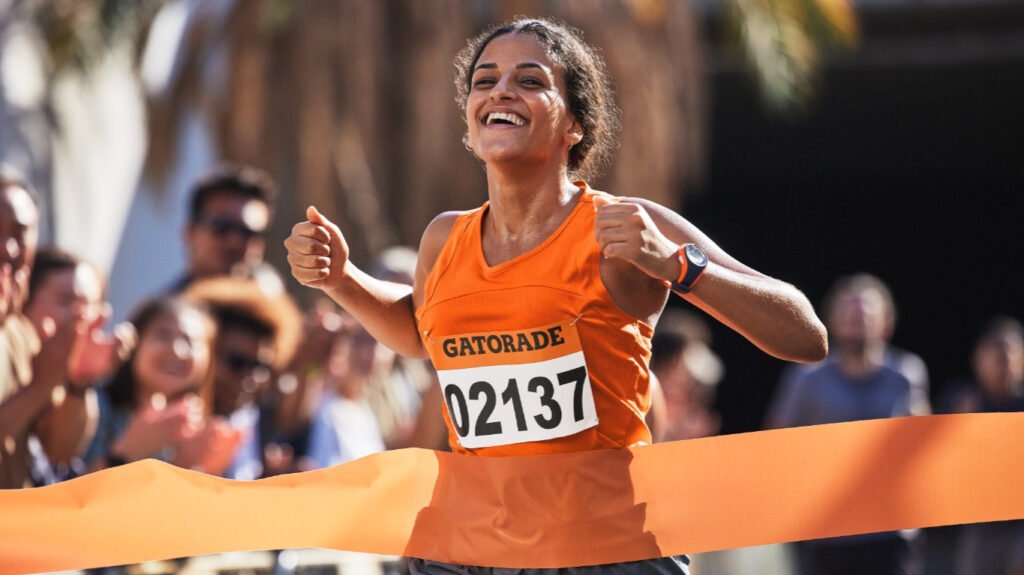
Rehydrate. Replenish. Refuel.
Gatorade has been an integral part of the running landscape since introducing the world’s first advanced hydration solution back in 1965. From training, to race day to recovery. Gatorade – It’s The Greatest Sports Fuel Of All Time.
But why is hydration so important? For preparation? For recovery? On race day and the everyday?
UNDERSTANDING ELECTROLYTES AND HYDRATION
Perform at your best by understanding the critical role that electrolytes – especially sodium – play in your rehydration plan.
FLUID & ELECTROLYTE REPLACEMENT
FLUID LOSS
Fluid loss through sweating leads to increased blood osmolality, which stimulates thirst—this occurs at approximately 1-2% dehydration.1 In general, performance starts to become impaired once you’ve lost >2% of body weight. As a preventative approach, proper intervention should occur before the athlete experiences the symptoms of dehydration.
ROLE OF SODIUM
Sodium, along with chloride, is a primary electrolyte lost in sweat, though concentrations vary widely. Heavy, salty sweaters can experience significant sodium loss (>4 grams per day).2 Here are a few key sodium facts to keep in mind:
- As the most abundant and most osmotically active ion in the extracellular space, it plays a key role in water movement into and out of the blood plasma
- Sodium is lost from the plasma through the eccrine sweat glands and sweat sodium concentration is influenced by:
- Acclimation to heat
- Fitness level
- Sweat rate
- Diet
- Genetics
- Sodium helps ensure the body holds onto the fluids you drink by helping combat the loss of fluid through urination
PRACTICAL APPLICATIONS
- After exercise, athletes should drink 125–150% of fluid losses (determined by change in body mass) over the course of 1-2 hours for complete rehydration.
- Consuming water is effective in some situations, but when sweat-electrolyte losses are high or rapid rehydration is needed (e.g. two-a-days), including sodium in the rehydration plan is important.
- Consuming sodium during exercise, either in fluid or food, drives the drinking response because it prevents plasma osmolality from lowering before sufficient fluid has been consumed.
- Consuming sodium after exercise, either in fluid or food, reduces fluid loss through urine production.
For more on the science of sweat visit GSSIWeb.org.
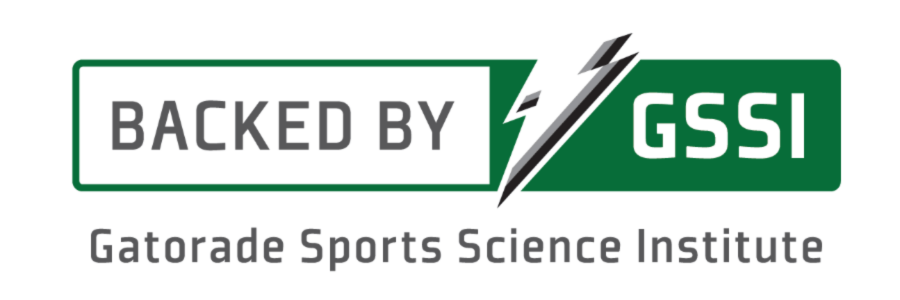
NOTE
• Electrolyte replacement needs vary based on the individual. It is important to know which athletes are at risk of high electrolyte losses by conducting individual sweat tests.
• American College of Sports Medicine suggests a fluid replacement beverage for active people (e.g., Gatorade Thirst Quencher) include: ~20–30 meq/L sodium (chloride as the anion), ~2–5 meq/L potassium.4
1 Cheuvront S.N., Kenefick R.W. (2016) Am I Drinking Enough? Yes, No, and Maybe. J Am Coll Nutr. 35(2):185-192. https://doi.org/10.1080/07315724.2015.1067872
2 Barnes K.A., Anderson M.L., Stofan J.R., Dalrymple K.J., Reimel A.J., Roberts T.J., Randell R.K., Ungaro C.T., Baker L.B. (2019) Normative Data for Sweating Rate, Sweat Sodium Concentration, and Sweat Sodium Loss in Athletes: An Update and Analysis by Sport. J Sport Sci. 37(20):2356-2366. https://doi.org/10.1080/02640414.2019.1633159
3 Baker L.B., Wolfe A.S. (2020) Physiological Mechanisms Determining Eccrine Sweat Composition. Eur J Appl Physiol. 120:719-752. https://doi.org/10.1007/s00421-020-04323-7
4 Sawka M.N., Burke L.M., Eichner E.R., Maughan R.J., Montain S.J., Stachenfeld N.S. (2007) American College of Sports Medicine Position Stand: Exercise and Fluid Replacement. Med Sci Sport Exerc. 39:377-390. https://doi.org/10.1249/mss.0b013e31802ca597
Developed in collaboration with Lindsay Baker PhD, FACSM, The American College of Sports Medicine, and the Gatorade Sports Science Institute.
Disclaimer: The views in this resource are those of the authors and do not necessarily reflect the position or policy of PepsiCo, Inc. This information is not a substitute for individualized judgement or independent professional advice. Neither PepsiCo, Gatorade, nor any of the contributors hereto assume any duty owed to third parties by those utilizing this information. Programs using this information are encouraged to seek and obtain advice from professionals responsible for the health and safety of their programs. © 2020 Stokely-Van Camp, Inc. All rights reserved.
